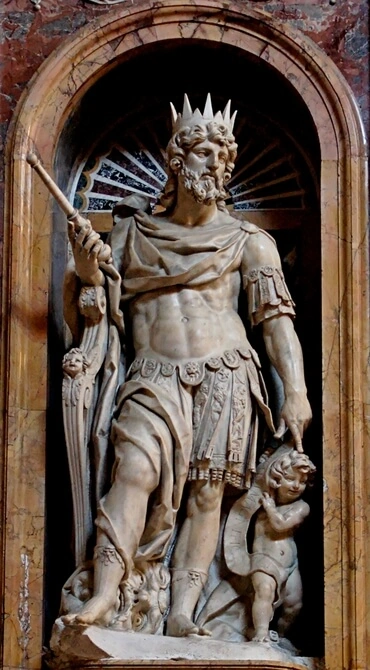1
For the Chief Musician; on stringed instruments. A Psalm of David. Answer me when I call, O God of my righteousness; Thou hast set me at large [when I was] in distress: Have mercy upon me, and hear my prayer.
2
O ye sons of men, how long shall my glory be turned into dishonor? [How long] will ye love vanity, and seek after falsehood? Selah
3
But know that Jehovah hath set apart for himself him that is godly: Jehovah will hear when I call unto him.
4
Stand in awe, and sin not: Commune with your own heart upon your bed, and be still. Selah
5
Offer the sacrifices of righteousness, And put your trust in Jehovah.
6
Many there are that say, Who will show us [any] good? Jehovah, lift thou up the light of thy countenance upon us.
7
Thou hast put gladness in my heart, More than [they have] when their grain and their new wine are increased.
8
In peace will I both lay me down and sleep; For thou, Jehovah, alone makest me dwell in safety.







